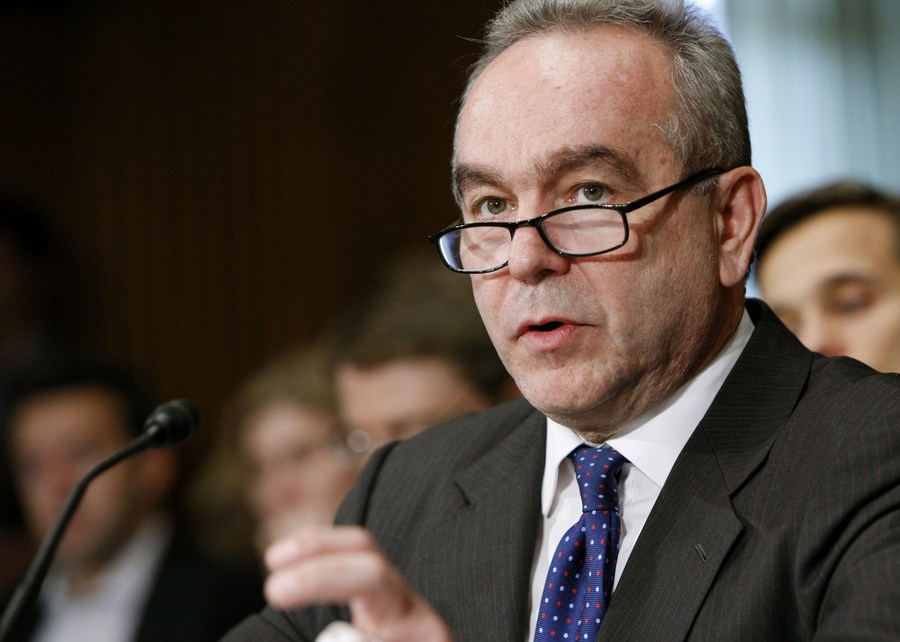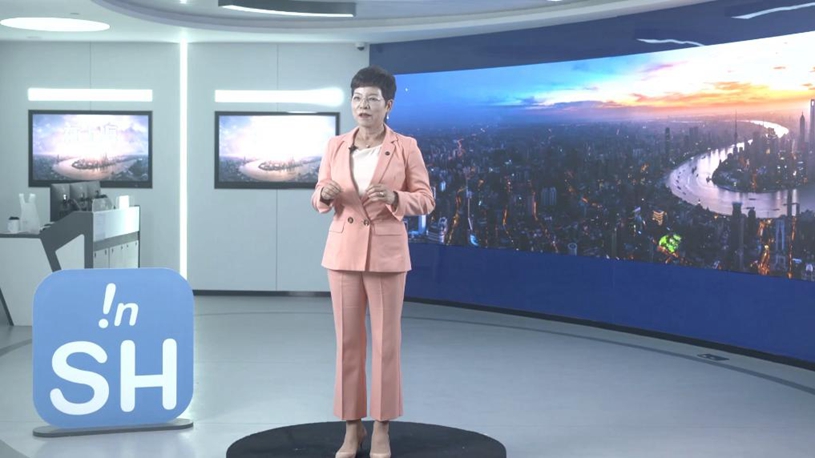
Kurt Campbell, then U.S. assistant secretary of state for East Asia and Pacific affairs, testifies during the hearing of "Maritime territorial disputes and sovereignty issues in Asia" held by the Subcommittee of the U.S. Senate Foreign Relation Committee on East Asia and Pacific Affairs in Washington, D.C., Sept. 20, 2012. (Xinhua/Fang Zhe)
Referred to in Washington jargon as the "Asia czar," Kurt Campbell was deeply involved in the formation of U.S. policies toward Asia during previous administrations.
WASHINGTON, Nov. 1 (Xinhua) -- U.S. President Joe Biden on Wednesday nominated Kurt Campbell, the architect of his administration's strategy for Asia, to be deputy secretary of state, the second-most senior post in the State Department.
The White House announced Biden's decision in a press release published Wednesday.
Campbell, 66, currently serves as deputy assistant to the president and coordinator for Indo-Pacific affairs on the National Security Council.
Referred to in Washington jargon as the "Asia czar," Campbell was deeply involved in the formation of U.S. policies toward Asia during previous administrations as well, playing an instrumental role, for example, in helping craft former President Barack Obama's "pivot to Asia" strategy when he served as assistant secretary of state for East Asian and Pacific affairs between 2009 and 2013.
Prior, Campbell held the position of deputy assistant secretary of defense for Asian and Pacific Affairs in the Bill Clinton administration, among other posts in public service. Outside of government, he has been a well-known think-tanker, having served as the founding CEO of the Center for a New American Security and as the director of the Aspen Strategy Group.
Campbell's predecessor, Wendy Sherman, retired from the post of deputy secretary of state in July, since which time the post has been occupied by Victoria Nuland in an acting capacity.
Campbell's nomination as deputy secretary of state will require confirmation by the U.S. Senate. ■












